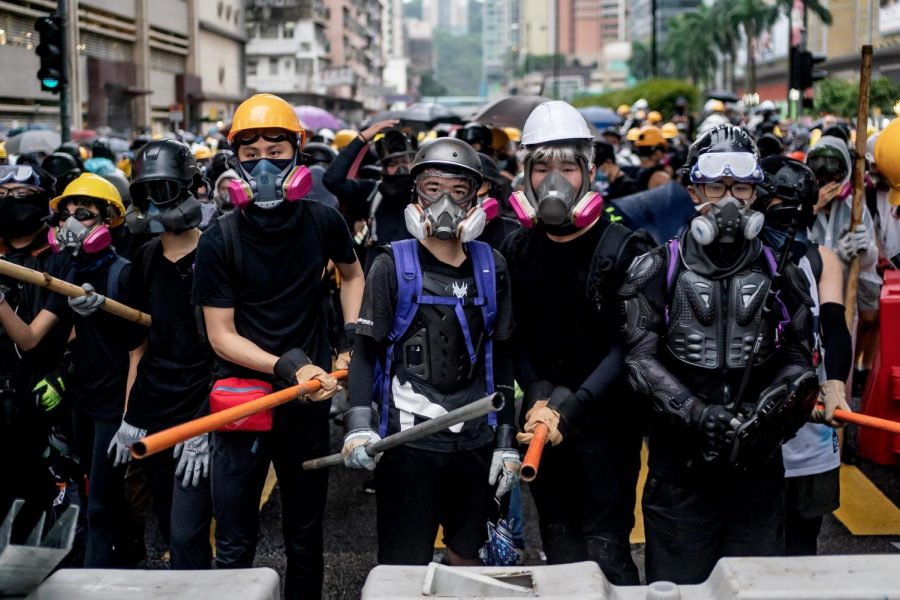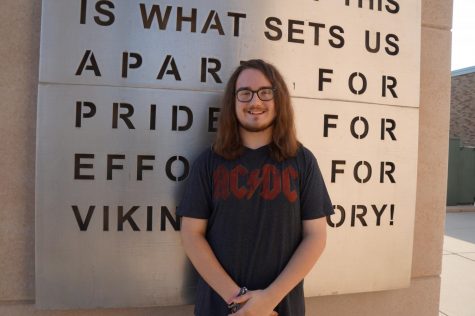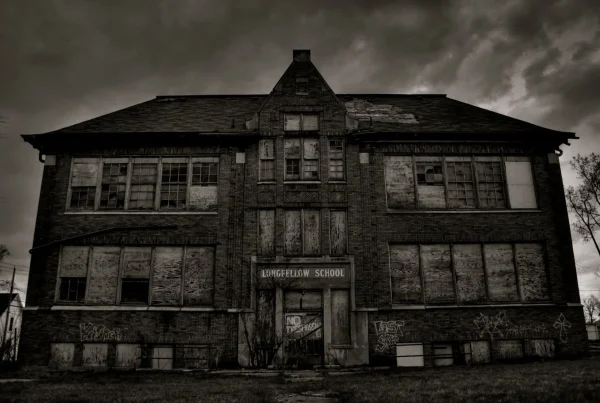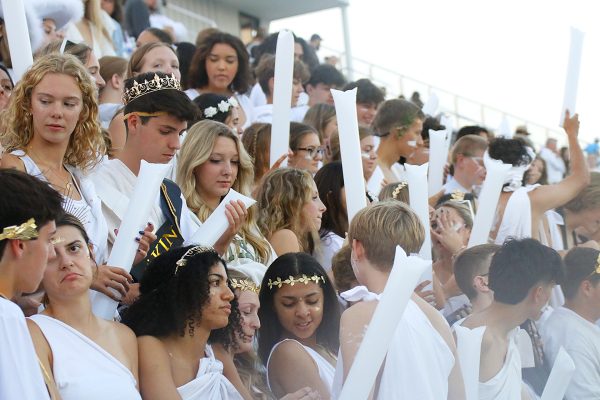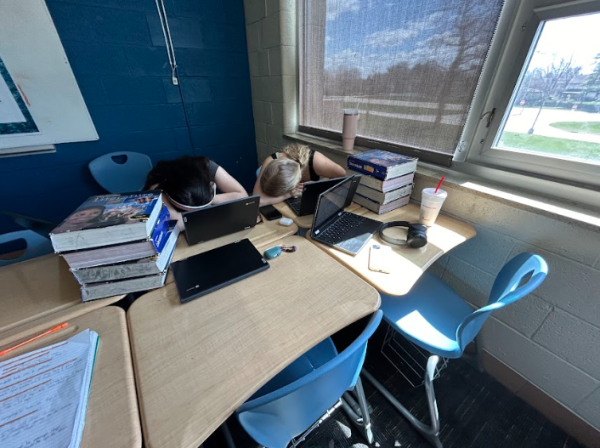Protests Started in Hong Kong. Now The World Marches for Freedom.
Seldom–disregarding the often resulting destructive violence–do social issues have an immediate effect on global politics to such an extent as that of the protests of the citizens of Hong Kong. Though the extradition bill has been successfully prevented from being made law, the protestors remain relentless, still protesting China’s unfair treatment of Hong Kong. While the small former colony of the British Empire is technically part of the communist mainland Peoples’ Republic of China, it is legally allowed to remain (for the most part) sovereign as well as hold free elections. China, under treaty agreement with Britain, must respect Hong Kong’s sovereignty until the set date of 2047; however, China is unwilling to wait until then, as the proposed law (vague in nature) would give the communist Chinese government the power to extradite citizens of Hong Kong and put them on trial as so-called “political enemies” and essentially do whatever they please with them. While not initially malicious on the surface, the Chinese government is staunchly opposed to the political ideals of those of the basic law of the democratic Hong Kong. Therefore, the bill can (and will) be used as a weapon to rid Hong Kong of political dissidents to the communist party. Despite the meteoric rise in the mainland’s political power both at home and abroad alongside it’s successful suppression of the equally massive Tiananmen Square student protests of 1989, the Chinese government had little luck in preventing the protests in Hong Kong from stopping the extradition bill dead in its tracks.
The Hong Kong protests have moved to the United States, more specifically, to college campuses all across the country in a similar manner to the opposition protests to the Vietnam War in the 1960’s. Unlike the anti-war protests, which were met initially with skepticism and disdain for the unlawful acts of the protestors, the Hong Kong protests are spreading across the globe. As the protestors grow both in numbers and vigor, so do the signs pointing to the fact that history is (again) repeating itself. Initially skeptical of the protests, the American public slowly became aware of the brutality and killing of the young generation protesting the Vietnam War. Public opinion shifted in its entirety to the side of the anti-war movement. That same civil disobedience demonstrated during the Vietnam War is being reenacted with regards to the Hong Kong protests today.
The protestors in the streets of Hong Kong, based on new estimates, now number in the hundreds of thousands. On October 20th alone, with families including women and children, some three hundred and fifty thousand people made up the protests. While a far cry from the two million protestors in the streets on July 1st earlier this year, the Hong Kong police force remains adamant in its continued and violent escalation of its handling of the protestors. The efforts of the police to suppress the protesters are out of proportion to the acts of the protestors themselves, seeing as nearly 800 rounds of tear gas were unnecessarily shot at the crowds. The right to assemble in the Bill of Rights of the U.S. Constitution comes with only one condition–assemble peacefully. To summarily decry that no protest will be allowed is an abuse of power by any government.
Perhaps the spike in U.S. students on college and high school campuses holding protest rallies in support of the Hong Kong protests marks the beginning of the so-called Generation Z involvement in governmental and world affairs. Whether or not this movement spreads to Rockford and Guilford High School remains to be seen. If the protest movement by young people continues to build, however, is it possible that the president elected in 2044 will be of our generation? By then, social security will probably be exhausted, our generation will still be paying off our college loans, and our post-education employment outlook will be low-paying, unskilled jobs in the service sector. Although those of our generation will have fought all U.S. wars for the next 20 years by that point, we will still not be able to have a beer legally at age 18 but will have paid taxes without representation even though we cannot vote at ages 16 and 17.
The Hong Kong protests once again show that real change in government and laws must come from the younger generation. If government leaders still get their power from the people, our generation must ensure that those leaders govern in their interests. For that to happen, we cannot wait. Now is the time for Guilford High School students past and present to come to the aid of young people worldwide. The most important question is: Will we do it?


